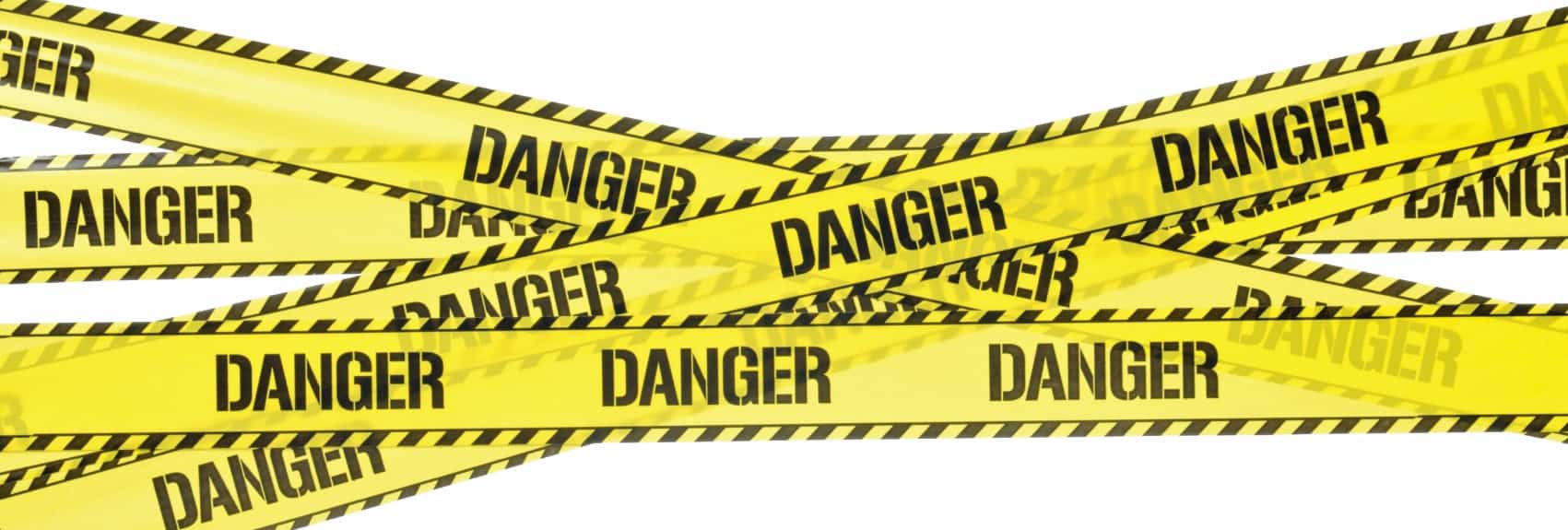There is a constant tension between occupational health and safety (OHS) and workers compensation. OHS is intended to prevent harm and workers compensation is available for when harm cannot be, or has not been, prevented. In Australia, these two elements of safety are administered by different organisations under different legislation but it is a distinction that baffles many. The recent discussion about a sex-related workers compensation claim illustrates this bafflement to some degree.
This time last year Comcare filed an appeal over a Federal Court decision regarding
“A Commonwealth employee is seeking workers’ compensation for injuries sustained after a light fitting was pulled from the wall of a motel during sex, on a business trip.”
(A good summary of most of the legal proceedings is provided by Herbert Geer.)
The case has received wide media attention mostly for the salacious matter of the case, and some political attention, but the purpose of the appeal, according to Comcare, was
“… to seek a High Court ruling on the boundaries between private
Continue reading “Sex, work, liability and safety”

